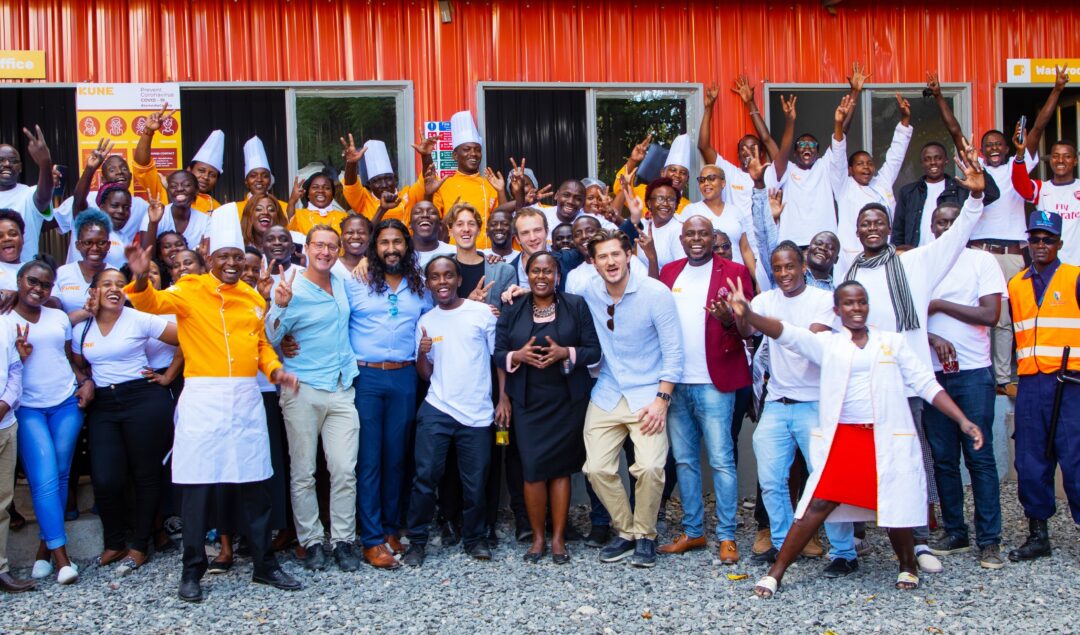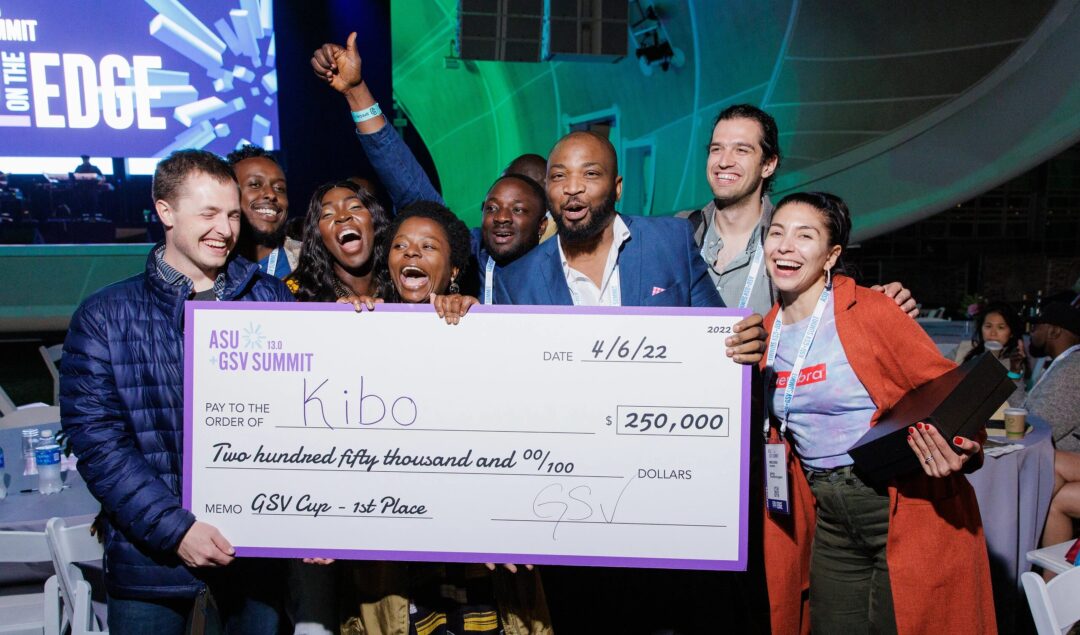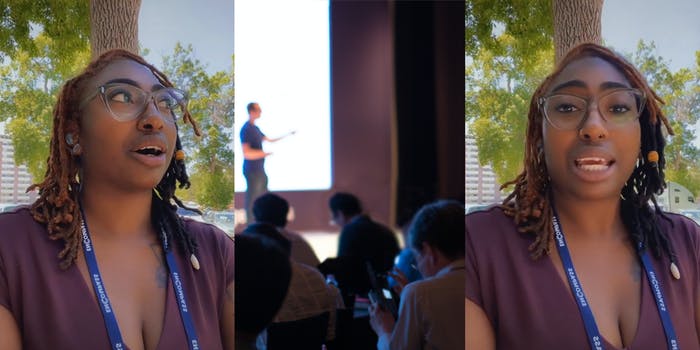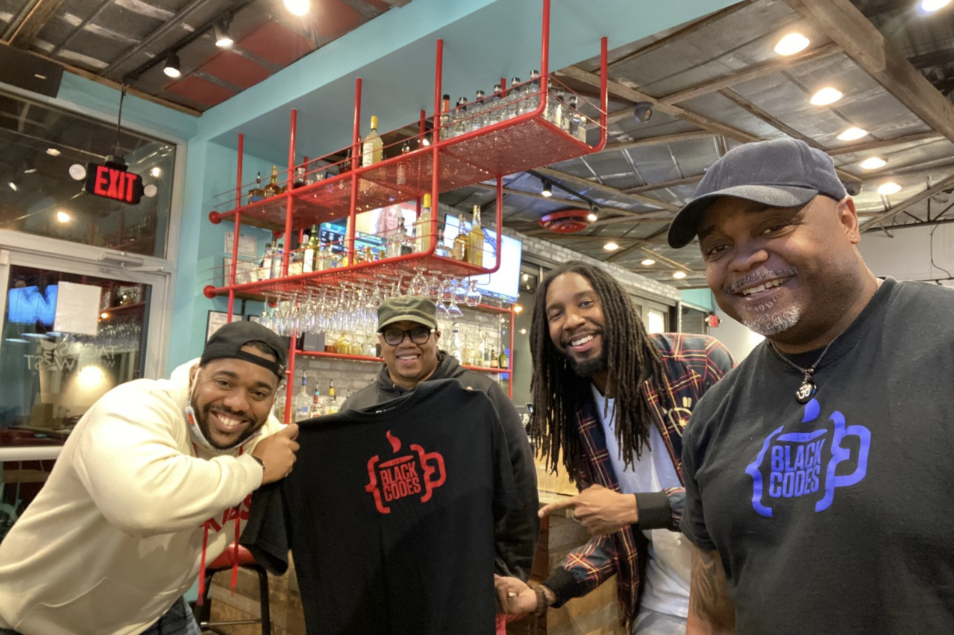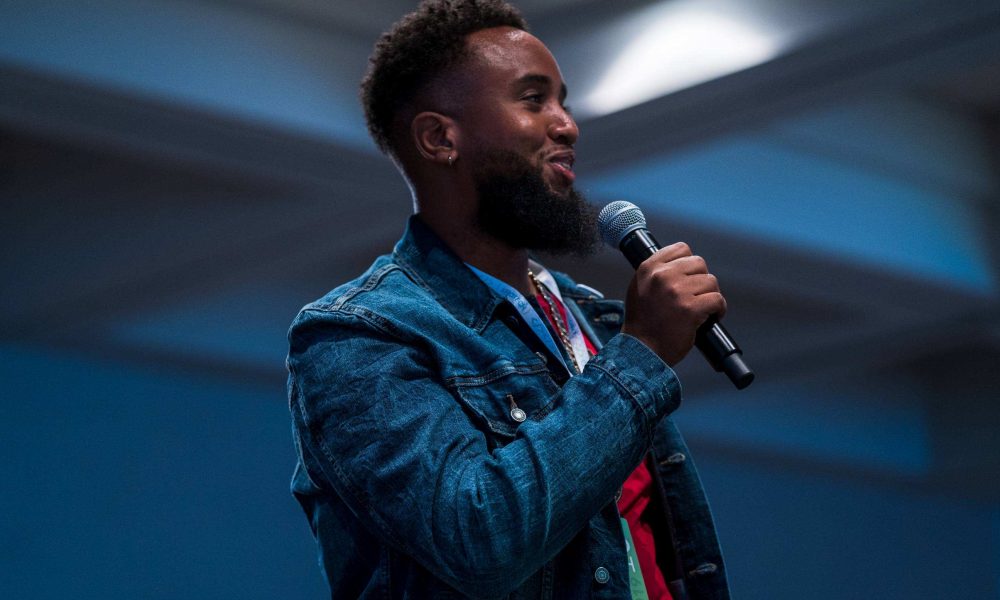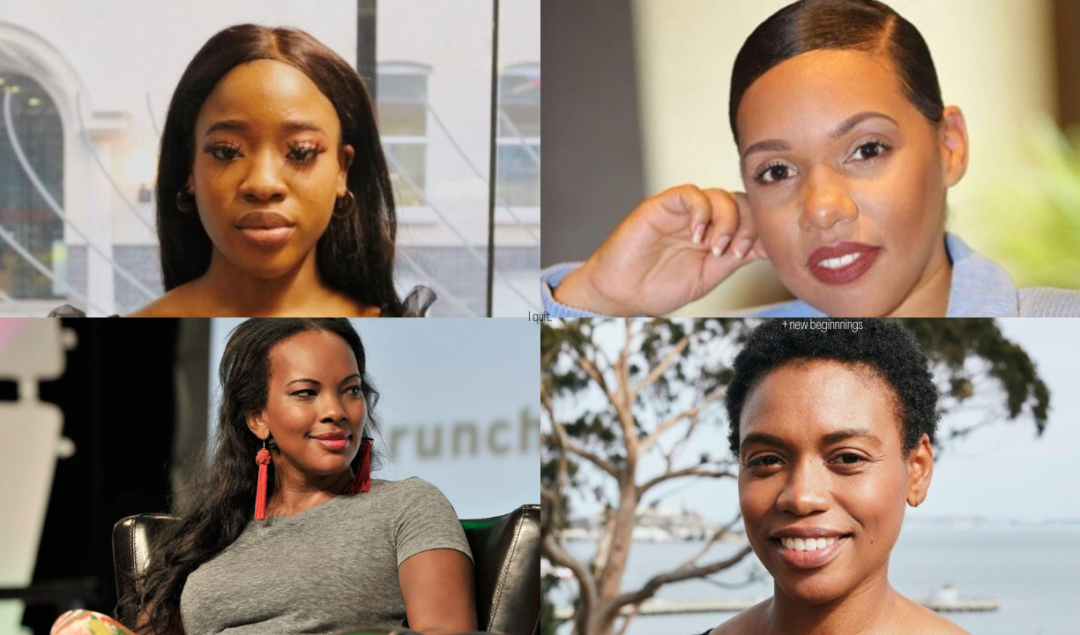Black-owned beauty and tech company Mayvenn has announced that it raised $40 million in a Series C funding round. Leading investments came from Chicago-based venture fund Cleveland Avenue, with participation from the Growth Equity business within Goldman Sachs Asset Management and a16z. Mayvenn allows consumers to search for and book hair stylists in their local area. In addition, stylists are able to operate their businesses on the platform, including selling products and marketing their salon-based services. The company says it is now home to over 50,000 hair stylists across the
Here is our latest roundup of tech headlines from across the African continent. Kune, a Kenyan food-tech startup that delivered ready-to-eat meals at affordable prices, has closed its doors, the company’s founder and CEO Robin Reecht announced. In a statement posted to his LinkedIn page, Reecht cited a stifled economy and inflated food prices as circumstances that contributed to Kune’s closure. “With the current economic downturn and investment markets tightening up, we were unable to raise our next round. Coupled with rising food costs deteriorating our margins, we just couldn’t keep going,” he said.
The online technology platform, Kibo School, known for providing online degrees for students across Africa, has raised $2 million in seed funding. The funding round, which venture capital firm Neo led, included African investment company Future Africa, Brooklyn Bridge Ventures, and Transcends Ventures. In addition, a range of different angel investors also participated in the seed funding round. Kibo School, co-founded by Ope Bukola in 2021, aims to provide affordable and high-quality programs for anyone interested in building a career in tech. The curriculum, based on the Human Skills Matrix,
London-based venture capital firm, Octopus Ventures, has launched its first £10 million ($12 million) pre-seed fund to support fresh startups in the fintech and health sectors. The firm, founded in 2007, works to fill the growing gap in early pre-seed funding for European founders. Kirsten Connell and Maria Rotilu, veterans of Seedcamp and Uber, will lead the company’s first-ever investment fund. They will bring their extensive experience and knowledge of growing firms from the beginning to the job, enabling them to work closely with start-ups in their early years. Octopus
TikTok user Natasha (@tashathecaptain) worked as a tech lead at a drink distribution company. She helped create new systems to help support drivers who may have experienced technical issues traveling across the country. After three years, she decided to resign after feeling overworked, underpaid, and a lack of recognition for some of the new initiatives she had implemented and created to help build the company. After attending her first-ever tech conference in Colorado, Natasha was taken aback by the lack of diversity. After realizing she was the only Black woman
Black entrepreneurs saw a dramatic decrease in funding this year as investors continue to pull back. So far, new Crunchbase data shows Black startups received $324 million in VC funds in the second quarter, a steep decrease from the $1.2 billion received in Q1 this year and substantially below the $866 million the founder cohort raised in Q2 last year. Overall, Black founders have received more than $1.5 billion in capital this year, compared to the over $2 billion received last year. Funding at all levels is tracking below 2021.
Co-founded by Calvin Foster, a software engineer from Murfreesboro, The Black Codes help provide resources to increase representation in the Black tech community. According to the McKinsey Study for Black economic mobility analysis, as of 2021, only 4.5% of software developers in America are Black. It also reported that by 2030, about 6.7 million Black workers – 42% percent of the Black labor force – will be out of work due to automation. People in those roles will need to return to school to develop more marketable skills. While STEM degrees are required for many
Nana Ghartey’s voice assistant software may have started out in his grandmother’s house, but it’s now being used by the thousands of older and visually-impaired people all over Ghana excluded by Western voice technology. How did he get into tech? Ghartey taught himself mobile app development and built desktop applications, websites, and eventually mobile games, none of which were part of his school curriculum, by reading the programming textbooks that an uncle visiting from the US had left behind. Here’s his story. In 2010, the wealthiest American tech companies had
Justin Samuels, the CEO of Render Atlanta and qualified engineer, is on a mission to build on that influence by making Atlanta a true power player in the world of technology, essentially blending software engineering with culture. What does his company Render Atlanta do? It’s a software engineering experience; where tech meets culture, inclusion, and accessibility. RenderATL is a four-day software engineering conference & music festival featuring your next career opportunity with 50+ expert speakers in tech covering upcoming and current best software engineering practices, web3, engineering leadership, accessibility practices, and more.
Over in Los Angeles, Jonathan Moore, 25, left his Wall Street career to work as an analyst at TCG Capital Management. He pitched the idea for the firm to launch a crypto fund, believing the intersection of web3 and the creator economy could tap a generation of untapped talent. Since launching the fund in September 2021, he has closed over 20 deals and says the outlook for this year is equally promising. He’s not the only young person getting into the VC scene. Gen Zs are getting into the space


